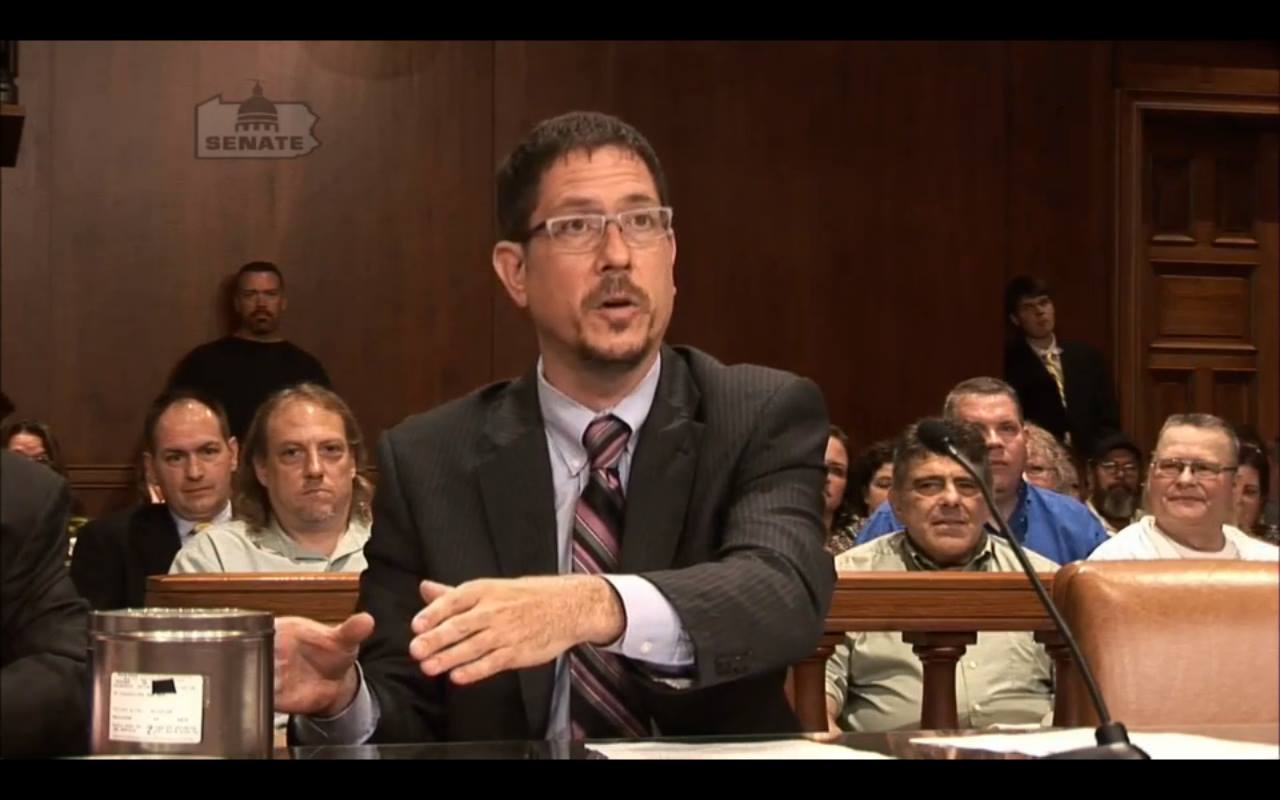Experienced Federal Appeal Attorneys: Experienced Representation for Complicated Situations
Wiki Article
Debunking the Refine of Federal Appeals: What You Need to Know
Navigating the elaborate world of federal allures can typically feel like traversing uncharted waters for those not familiar with the procedure. Recognizing the subtleties of appellate court jurisdiction, the ins and outs of filing a notice of appeal, presenting a compelling brief, and making an influential oral debate are important elements that can substantially influence the end result of an instance. By untangling the layers of intricacy bordering government allures, people can obtain a clearer insight right into the devices that regulate this essential phase of the lawful system.Recognizing Federal Appeals Refine
Exploring the complex realm of the federal appeals procedure introduces a methodical and structured journey via the judicial system - federal appeals lawyers in Idhao. Federal appeals function as a crucial system for assessing decisions made by lower courts. Recognizing this process is vital for any person associated with lawful process at the federal levelThe procedure typically begins with a celebration disappointed with a reduced court's ruling submitting a notice of appeal. This activates a testimonial by a greater court, where a panel of judges evaluates the lawful debates offered by both parties. Briefs describing the legal thinking behind each event's placement are sent, and oral arguments may be heard to clear up complicated problems.
The appellate court's choice is based on a complete assessment of the lower court's proceedings and the arguments presented. As soon as the appellate court reaches a decision, it can attest, turn around, remand, or customize the lower court's ruling, giving quality and finality to the legal dispute.
Appellate Court Territory Clarified

Appellate courts have territory over particular sorts of instances, normally those including legal mistakes, procedural issues, or inquiries of legislation rather than valid conflicts. The jurisdiction of appellate courts is usually detailed in statutes and regulations that regulate the court system. Recognizing appellate court territory is critical for events associated with the charms procedure as it figures out whether a case is qualified for review and the level to which the appellate court can intervene in the reduced court's decision.
Declaring a Notice of Allure
The initial action in commencing the government appeals procedure involves filing a Notification of Charm with the ideal appellate court. top federal appeal attorneys in maryland. This crucial document formally alerts the court and the other events associated with the instance that the appealing event means to seek an evaluation of the lower court's decision. Submitting a Notification of Allure is a stringent procedural requirement that establishes the appellate procedure in motionWhen preparing the Notice of Charm, it is vital to ensure compliance with the particular guidelines and standards of the pertinent appellate court. The record must generally include info such as the situation name, the reduced court's name, the date of the judgment being appealed, and a concise declaration suggesting the grounds for the allure.
Timeliness is important when filing a Notification of Charm. Missing the deadline for submitting this file can result in the charm being dismissed, emphasizing the value of prompt and exact initiation of the charms procedure. It is recommended to seek legal guidance to browse the intricacies of submitting a Notice of Allure properly.
Instruction and Dental Disagreement
In the appellate process, presenting created briefs and taking part in oral arguments play essential roles in promoting for the appealing event's setting prior to the appellate court. Briefs are comprehensive lawful documents that describe the events' disagreements, legal authorities, and evaluation supporting their settings. These created submissions offer the court with a thorough understanding of the facts of the situation, the relevant regulation, and why the appealing celebration believes the reduced court's decision need to be reversed.Adhering to the submission and review of the briefs, oral disagreements offer the events a chance to more clarify their settings, address any kind of questions the appellate courts may have, and emphasize essential factors from their composed briefs. Dental disagreements are an opportunity for the lawyers to persuade the judges with spoken campaigning for and responses to questions from the bench.

Receiving the Appellate Court Choice

Verdict
To conclude, the federal allures procedure is a complex however crucial action in looking for justice. Recognizing the appellate court jurisdiction, filing a notification of allure, preparing briefs, and presenting oral disagreements are all essential components of this process. Eventually, getting the appellate court choice can give clarity and resolution to legal conflicts. It is vital to browse the federal appeals process with diligence and interest to information to attain a reasonable end result.As we progress from recognizing the federal allures process to studying the complexities of appellate court jurisdiction, a basic facet comes to light regarding the authority and restrictions of these greater courts in the lawful landscape. Appellate court territory refers to the range of situations that a particular appellate court has the power to evaluate and choose upon. Unlike trial courts that listen to instances for the very first time, appellate courts are limited to examining choices made by lower courts. Comprehending appellate court territory is important for events included in the charms process as it establishes whether an instance is eligible for evaluation and the degree to which the appellate court can intervene in the lower court's you can look here choice.
Whether the appellate court verifies, reverses, or remands the lower court's decision, recognizing the effects of the ruling is essential for all parties involved in the appellate procedure.
Report this wiki page